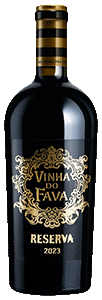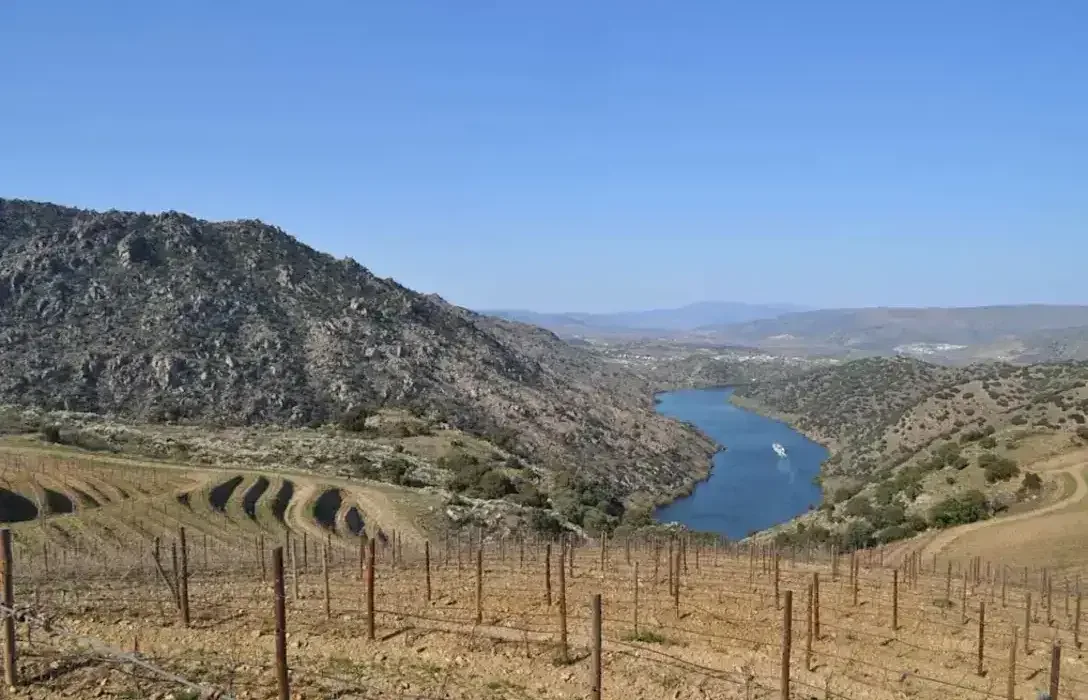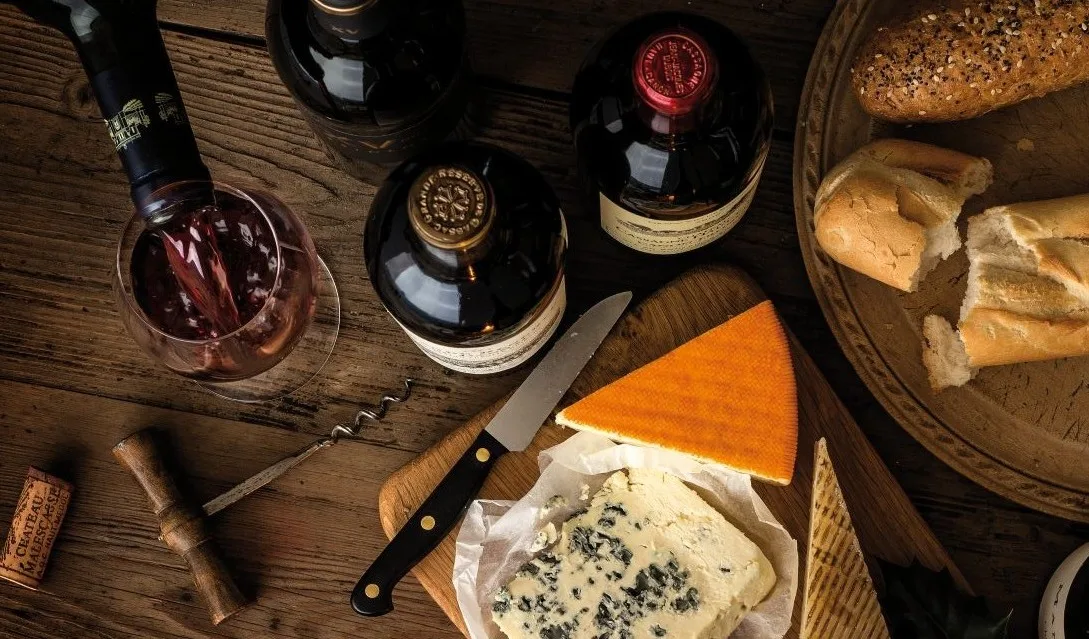Popular Portuguese Reds
Tinta Roriz/Tempranillo: Tinta Roriz is a versatile grape used in both blends and single-varietal wines. Widely planted throughout Portugal, Tinta Roriz wines are medium-to-full-bodied and smooth, with flavours of cherry, plum and blackberry, plus hints of leather, tobacco and spices. Even when young, these wines can be enjoyed alongside hearty dishes such as roast lamb and Beef Wellington.
Touriga Nacional: Considered a national treasure, this aromatic wine variety is a vital component of Port, as well as robust red wines. With flavours of black fruits, spice and violet, this bold wine is equally elegant and lush, and pairs with rich, fatty foods such as sirloin steak.
Popular Portuguese Whites
Vinho Verde: A refreshing wine from the northwest that’s perfectly paired with the summertime and lightly fried seafood. Vinhos Verdes are known for their tart acidity, light bubbles and vibrant grapefruit, gooseberry, white melon and lime blossom flavours.
Alvarinho: Known for its lively acidity and flavours of lemon zest and grapefruit with a touch of salinity, Alvarinho (also known as Albariño in Spain) can be enjoyed with dishes featuring white fish, white meats and soft cheeses such as burrata and salty feta.
Popular Portuguese Fortified Wines
Port: Made exclusively in the Douro Valley, Port wine has a diverse range of flavours and sweetness, meaning there’s a Port for every taste. Port wine styles range from the rich, full-bodied Vintage Port to the sweet, nut-and-caramel Tawny Port.
Madeira: A unique ageing process gives Madeira its distinct flavours of roasted nuts, orange peel and caramel. Under the European Union protected designation of origin, fortified wines labelled as Madeira can only be made on the Portuguese island of Madeira.





























